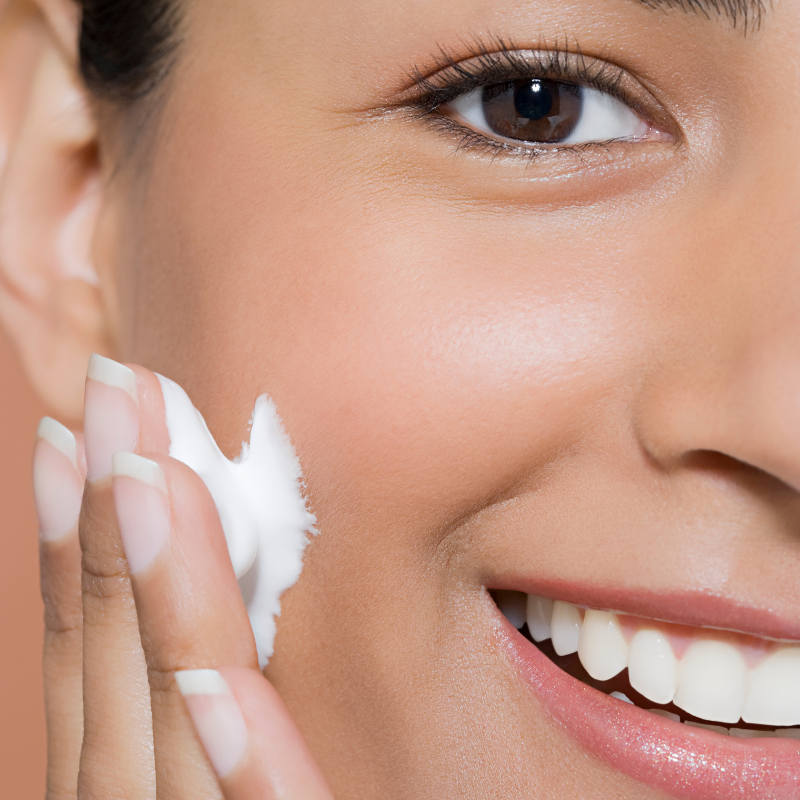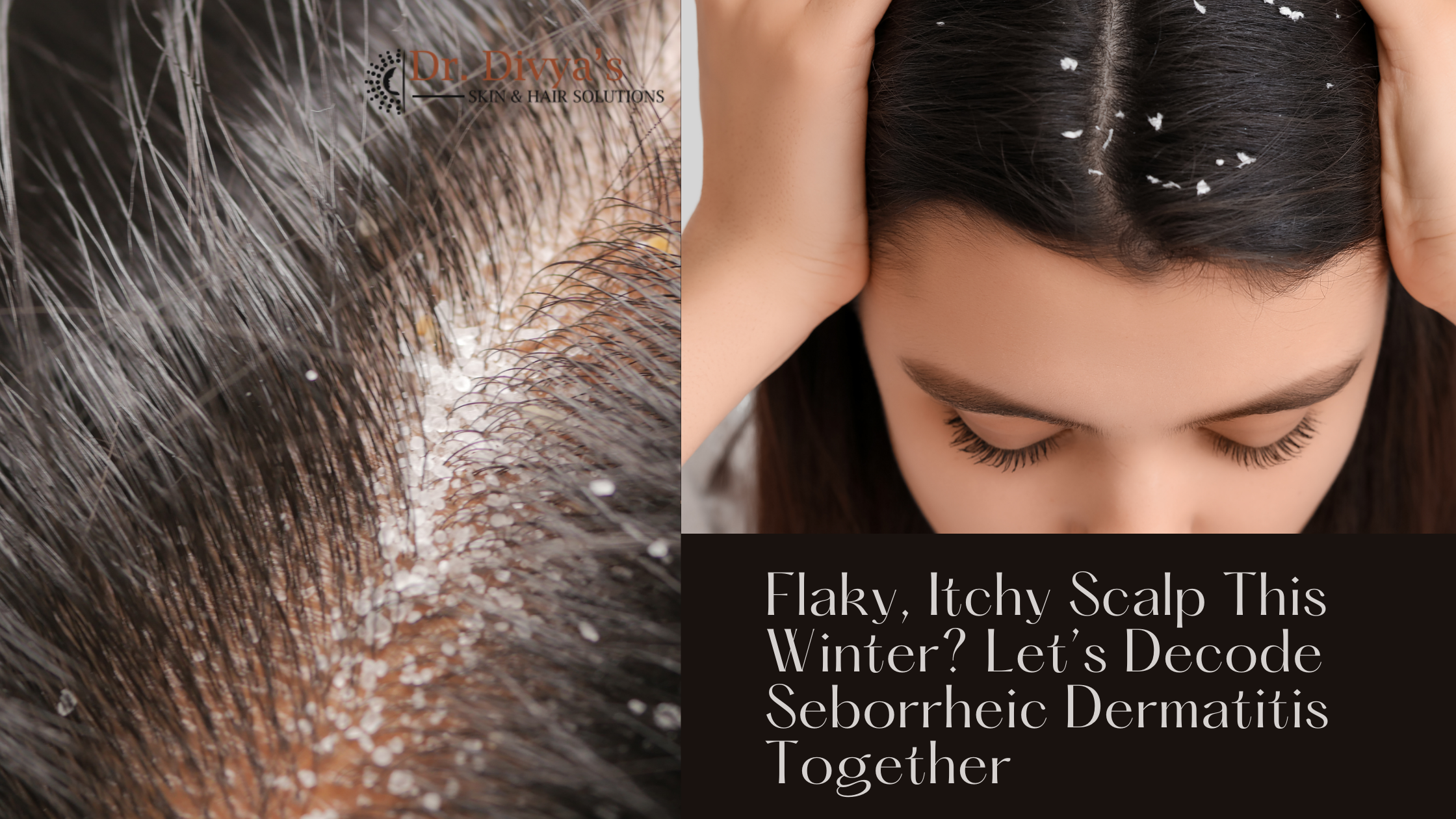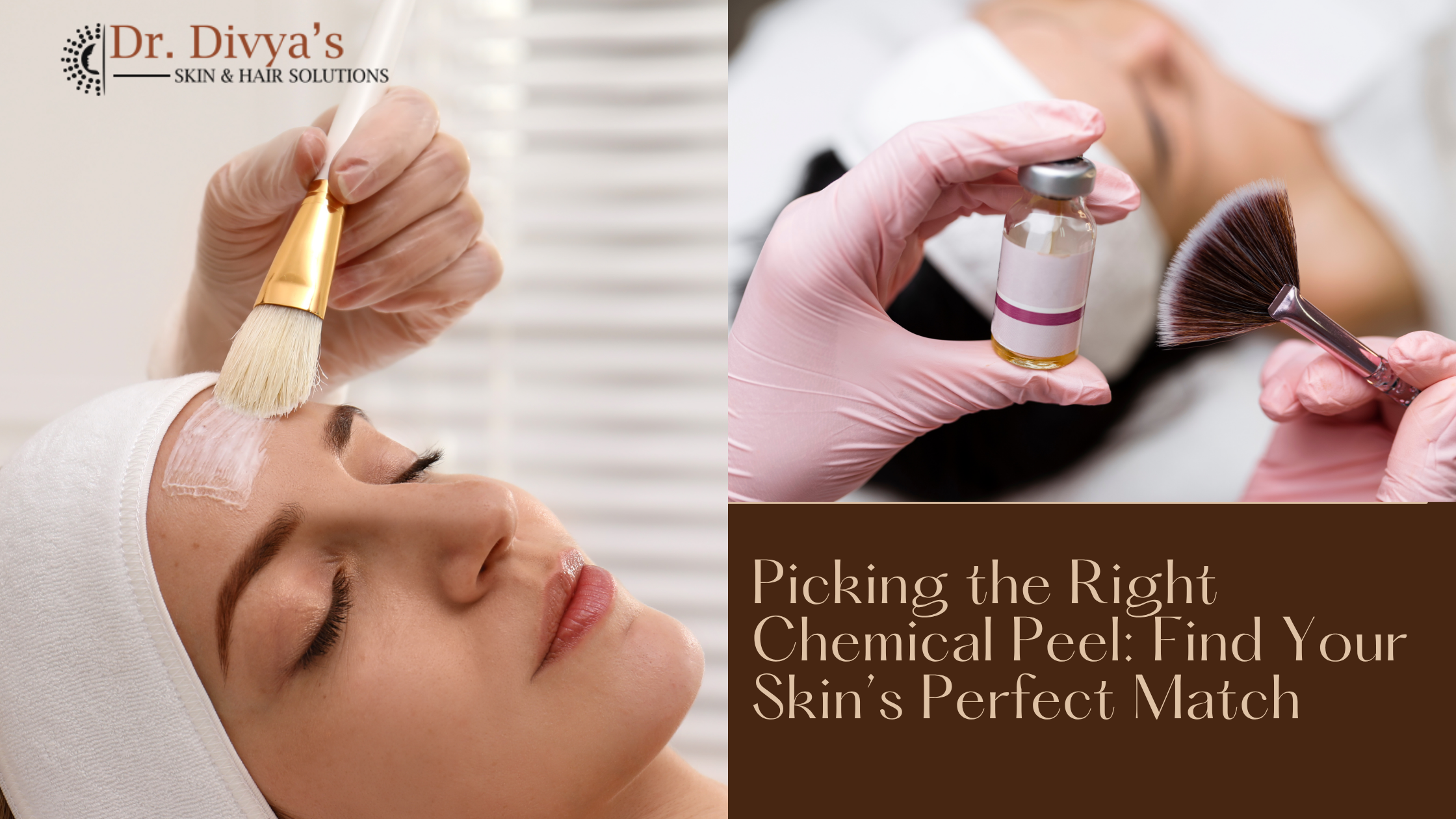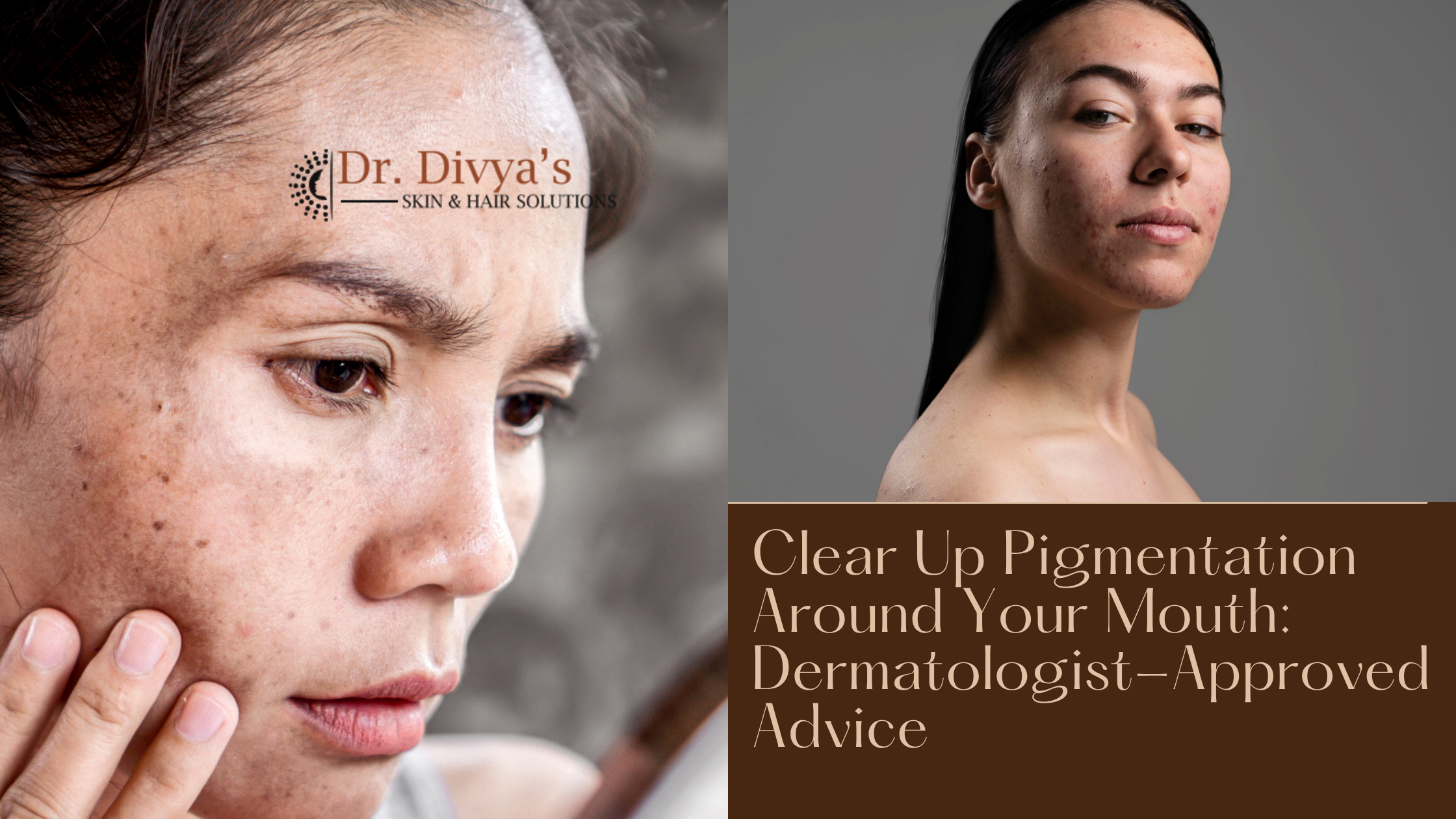Posted date on Jan 24, 2023
When it comes to sunscreen and moisturisers, whether is it necessary or not is the most common question on everyone’s mind. To understand its requirements, it is important to know how sunscreen or a moisturiser works. Here’s Dr. Divya explaining what happens when you apply moisturiser or sunscreen on your skin in the easiest way possible.
The truth is, you must apply moisturiser and sunscreen every day. They essentially form a protective layer on your skin. Moisturiser and sunscreen both have a slightly different purpose, but the ultimate aim is to provide protection to your skin from external elements and maintain good health. Keep reading to understand what happens when you apply moisturiser or sunscreen.
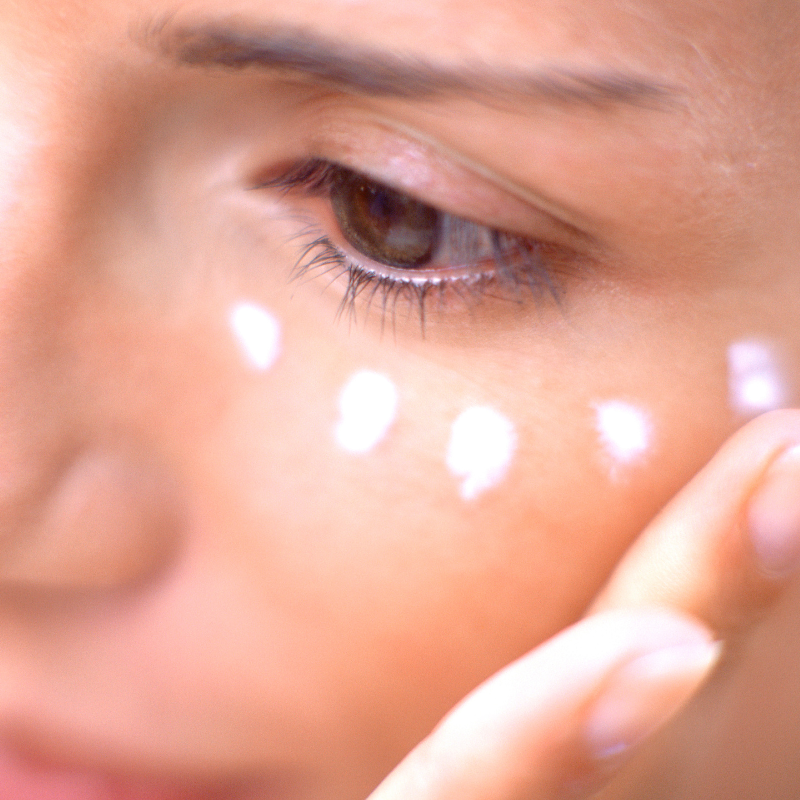
The outermost layer of our skin known as the stratum corneum, that acts as a barrier between the body and the external environment.
The skin barrier is composed of corneocytes that act as bricks that are held together by a complex mixture of lipids, including ceramides, cholesterol, and fatty acids.
This barrier regulates water balance, protects the skin from harmful substances such as bacteria, pollution, and UV rays, and controls the immune response of the skin, thereby protecting the body from infection and allergies.
When the skin barrier is compromised, it can lead to a number of skin issues such as dryness, sensitivity, redness, irritation, and an increased risk of infection. Apart from a healthy diet, regular application of moisturiser and sunscreen helps maintain the skin barrier.

What happens when you apply sunscreen?
When you apply sunscreen to your skin, the active ingredients in the sunscreen interact with the skin's surface to form a protective barrier. This barrier helps to prevent UV rays from penetrating the skin and causing damage. The specific biological changes that occur in the skin depend on the type of sunscreen and the active ingredients it contains.
When chemical UV filters, such as avobenzone, oxybenzone, and octinoxate, are used, they absorb the UV rays and convert them into heat, which is then released from the skin. This process helps to protect the deeper layers of the skin from the harmful effects of UV radiation.
When physical UV filters, such as titanium dioxide and zinc oxide, are used, they reflect and scatter UV rays away from the skin. This helps to protect the skin from sun damage by preventing the UV rays from reaching the deeper layers of the skin.
Additionally, Sunscreen also helps to prevent the skin from ageing prematurely by protecting it from UV rays which are responsible for photoaging. This includes the formation of fine lines, wrinkles, age spots, and other signs of skin ageing. Sunscreen also helps to prevent the formation of skin cancer by blocking the UV rays that can cause mutations in the skin cells.
Overall, when you apply sunscreen, it forms a barrier on the surface of the skin that helps to protect the skin from the harmful effects of UV radiation and maintain the skin's natural balance.

What happens when you apply moisturiser?
A moisturiser is a skincare product that is used to hydrate and nourish the skin. It works by forming a barrier on the surface of the skin to prevent moisture loss, and by providing the skin with the necessary hydration and nutrients to maintain a healthy appearance.
Moisturisers typically contain a combination of ingredients, including emollients, which smooth and soften the skin, and humectants, which help to retain moisture. They also contain occlusive agents that form a barrier on the skin surface to prevent trans-epidermal water loss (TEWL).
Different skin types, such as oily, dry, or sensitive skin need moisturiser specifically designed for the skin needs which can be used as part of a daily skincare routine to maintain healthy, hydrated skin. Speak to our dermatologists to understand your skin type better. At Dr. Divya’s Skin and Hair Solutions in Bangalore, we provide customised solutions for all skin types.
